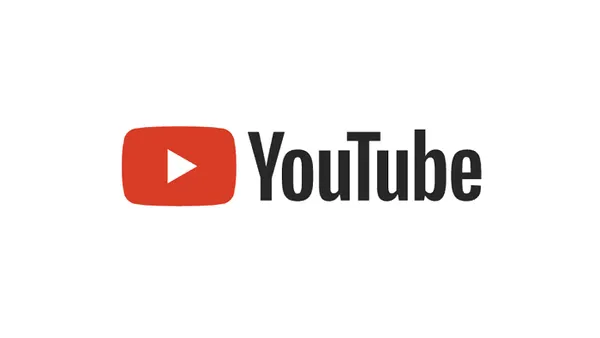 Many businesses spend a significant amount of time each year monitoring employee social media profiles, watching for any inappropriate comments or behavior. Sometimes, an employee will say something on Facebook or Twitter that is extremely derogatory toward the business or their boss. While no company should want or approve of such behavior, there are circumstances and situations where simply firing the employee is not an option.
Many businesses spend a significant amount of time each year monitoring employee social media profiles, watching for any inappropriate comments or behavior. Sometimes, an employee will say something on Facebook or Twitter that is extremely derogatory toward the business or their boss. While no company should want or approve of such behavior, there are circumstances and situations where simply firing the employee is not an option.From a legal perspective, worker rights are protected under the National Labor Relations Act ("NLRA") of 1935, and the National Labor Relations Board exists to monitor and interpret that resolution and its ramifications. Now, decades later, the NLRB is being asked to apply a 1935 law to contemporary social media activity.
What the NLRB determined late 2012 is that employees who utilize social media to criticize their employer or a co-worker are protected under the law if more than one employee participates. According to the act,
Sec. 7. [§ 157.] Employees shall have the right to self-organization, to form, join, or assist labor organizations, to bargain collectively through representatives of their own choosing, and to engage in other concerted activities for the purpose of collective bargaining or other mutual aid or protection, and shall also have the right to refrain from any or all such activities except to the extent that such right may be affected by an agreement requiring membership in a labor organization as a condition of employment.
In the case in question, two employees at the same business were in regular communication throughout their typical workdays. The first employee would often complain to the second employee about other employee's performance. At one point, the second employee had heard enough and decided to vent her frustration on Facebook. She posted that this other employee "feels that we don't help our clients enough at [the business]. I about had it! My fellow coworkers how do u feel?" The status was posted on her personal computer after hours, and four other co-workers, from their personal computers, posted comments and Liked the status. They were summarily fired by the company.
In determining that the company was in violation of the Act by discharging these employees, the NLRB has decided that participating in a Facebook discussion constitutes "concerted activity."
Certainly, the NLRB has not ruled that employees can say anything they want. A large part of their deliberations was determining whether or not the comments and activity fit the criteria outlined in Sec. 7 stipulating that the activity take place "for the purpose of collective bargaining or other mutual aid or protection." Since criticism of an employee's job performance could potentially cause them to lose their job, it was determined that the discussion was for the purpose of providing mutual aid or protection, and therefore the entire activity was protected under the law.
A single employee who comments on their own, with no participation from other other employees, receives no such protection. That could potentially be considered libel, depending on the nature of the comments, and business owners would be within their rights to terminate employment and perhaps even seek restitution.
While Facebook was the platform for this specific case, the nature of the ruling ensures that any social network is protected, so Twitter, Google+, LinkedIn and other networking platforms are all included. It is logical to deduce that an individual's personal blog site would also be similarly protected, again, assuming that criticisms posted within a blog entry were subsequently backed up by comments and opinions from coworkers.
The bottom line though is that business owners and HR departments must be aware of their legal rights, and the rights of their employees. By the same token, every person who works for a company needs to understand what they can and can't do, what they can and can't say. It is in everyone's best interest for a company to take the time to develop a Social Media Policy. Depending on the size of the company, they may want to hold a few Social Media Seminars. While taking the time to make sure employees understand what they shouldn't be doing online, even on their own time, these companies can also take advantage of the seminar structure to educate and encourage employees on what they could be doing. Each employee can potentially be great brand ambassador for your business, and participate in a company culture of content marketing.
And when an issue does arise on social media, sometimes firing the employee(s) isn't the best option. If they are voicing criticism of the business, take a moment to evaluate the criticism objectively. If there is any validity to what is being said, it would be better to address the problems being identified and let those employees rave about how you fixed the issues.
Have you seen or been a part of any such social media issues? How do you think this relates to the recent PR department firings at HMV, or the waitress firing at Applebee's? Do you think you need a Social Media Policy at your company?
Image courtesy of kasiaeryn, Flickr.











